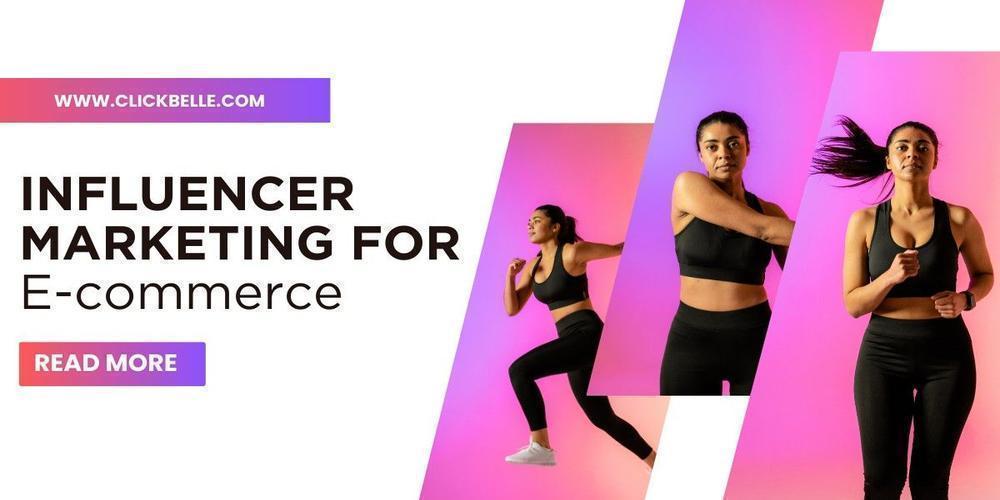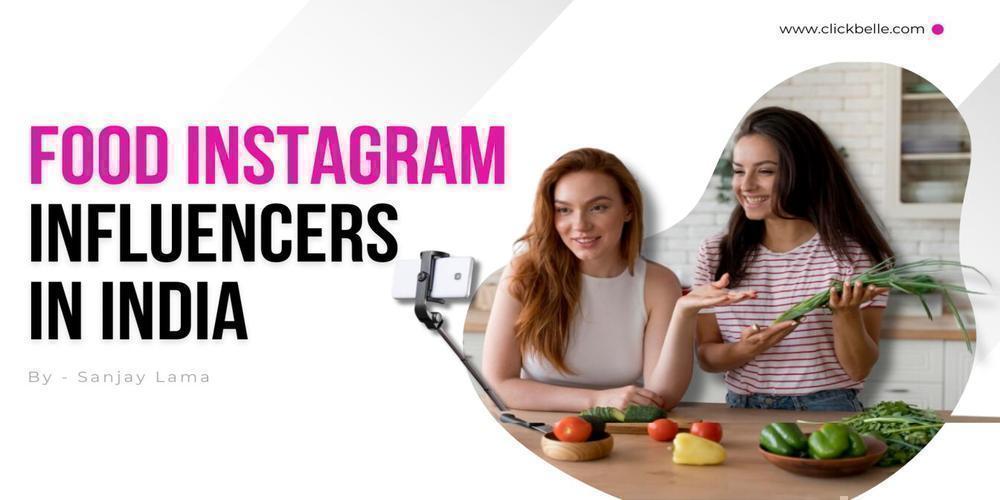Influencer marketing has expanded significantly over the past ten years, revolutionizing how brands interact with their target audiences. Future developments in influencer marketing are expected to be even more significant as the digital landscape develops. This change will be fueled by emerging trends, technological advances, and evolving customer behavior, forcing brands to modify their approaches. Brands' interactions with customers are about to undergo a significant transformation, and influencer marketing will be essential to providing tailored and genuine content. Brands must remain ahead of the curve when these changes occur to fully utilize influencer partnerships in reaching their target market.
1. A Better Integration of Automation and Artificial Intelligence (AI)
The future of influencer marketing is expected to be significantly impacted by AI and Automation in Marketing, which will change how influencers and companies work together. AI will streamline procedures for both parties by automating content creation and improving influencer identification through data-driven insights. Marketers can make better, more educated decisions thanks to predictive analytics' assistance in spotting new patterns and improving campaign results. Automation tools will also increase collaboration efficiency by decreasing human mistakes and saving time. In addition to increasing efficiency, this more profound integration of AI and automation will enable more individualized, focused campaigns that connect with consumers and produce better outcomes.
2. The Growth of Virtual Influencers and AI-Created Personalities
Virtual Influencers are becoming increasingly popular and are predicted to expand even more quickly in the near future. Thanks to these AI-generated characters, brands have more control over their messaging, which guarantees that it properly reflects their values and goals. These virtual characters are growing more lifelike as technology develops and could eventually become widely recognized. In the changing world of influencer marketing, this change may result in the formation of completely virtual brand alliances, making it harder to distinguish between actual and digital influencers.
3. Shift Toward Micro and Nano Influencers
As long as brands continue valuing authenticity over celebrity endorsements, the trend of collaborating with micro-influencers is predicted to grow. Despite their modest followings, brands can successfully target specialized markets with these influencers' highly engaged audiences. These influencers will only get more narrowly focused in the future, concentrating on particular communities and interests. With a more individualized and powerful approach to consumer engagement, this expertise will give marketers great chances to communicate with relevant and devoted audiences. As the demand for Authentic Influencer Marketing grows, marketers will increasingly focus on these personalized and effective collaborations.
4. Long-Term Collaborations Over One-Time Campaigns
Long-Term Influencer Partnerships will become increasingly popular as brands choose authenticity over celebrity endorsements. Despite having smaller fan bases, these influencers' highly active audiences enable businesses to target niche markets more precisely. These influencers are anticipated to grow even more niche, concentrating on particular communities and interests. Because of this change, marketers will have more chances than ever to engage with devoted, focused consumers more profoundly and meaningfully. Working with these niche influencers allows brands to engage with customers more meaningfully and personally, increasing the efficacy of marketing as a whole.
5. Influencer-Based Product Creation
Brands are increasingly working with influencers for product development and marketing as their influence continues to grow across various niches. Influencers will be essential to ideating and designing new products because of their knowledge and distinct perspectives on consumer preferences. Influencer-Driven Content will be at the center of innovation due to this move toward influencer-driven product development. It will revolutionize the production and marketing processes. Brands may guarantee that their offers connect more deeply with their customers by incorporating influencers in product development. This will produce items that are more marketable, enticing, and successful.
6. Increased Focus on Ethical and Transparent Practices
As consumers grow more conscious of the impact of marketing, they are calling on brands and influencers to be more ethical, transparent, and genuine. To preserve audience trust, influencers and corporations alike must establish explicit rules for sponsored content that guarantee legal compliance. Influencer marketing initiatives in the future will probably prioritize social responsibility, sustainability, and diversity in line with the growing trend of mindful consumption. Adopting these principles will put brands in a better position to appeal to a discriminating and morally conscious consumer base, enhancing their reputation, encouraging steadfast loyalty, and remaining relevant in a changing marketplace.
Conclusion
From the growth of Virtual Influencers to the integration of AI and Automation in Marketing, the future of influencer marketing is full of intriguing opportunities. Brands must modify their tactics in response to the growing trend of micro-influencers, Long-Term Influencer Partnerships, and ethical transparency. By embracing these trends, marketers may remain ahead of the curve and develop genuine, powerful campaigns that appeal to today's astute, socially sensitive consumers. Although the field of influencer marketing will always change, presenting new possibilities and difficulties, the goal will always be to establish deep connections with audiences.








